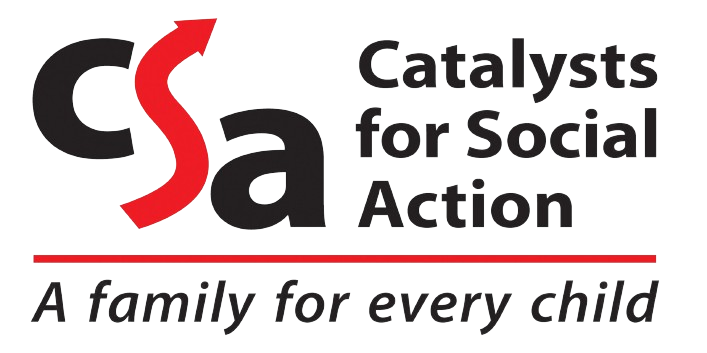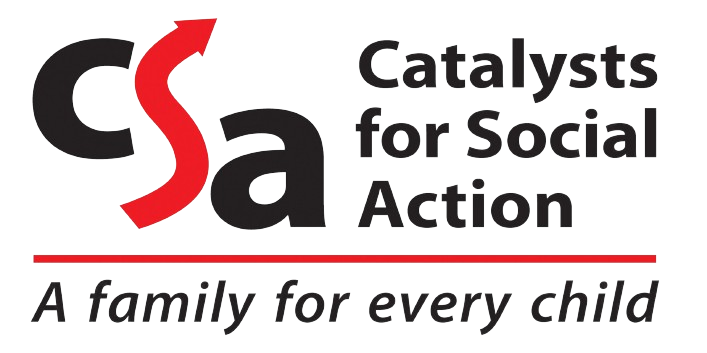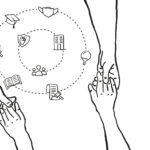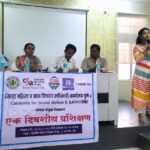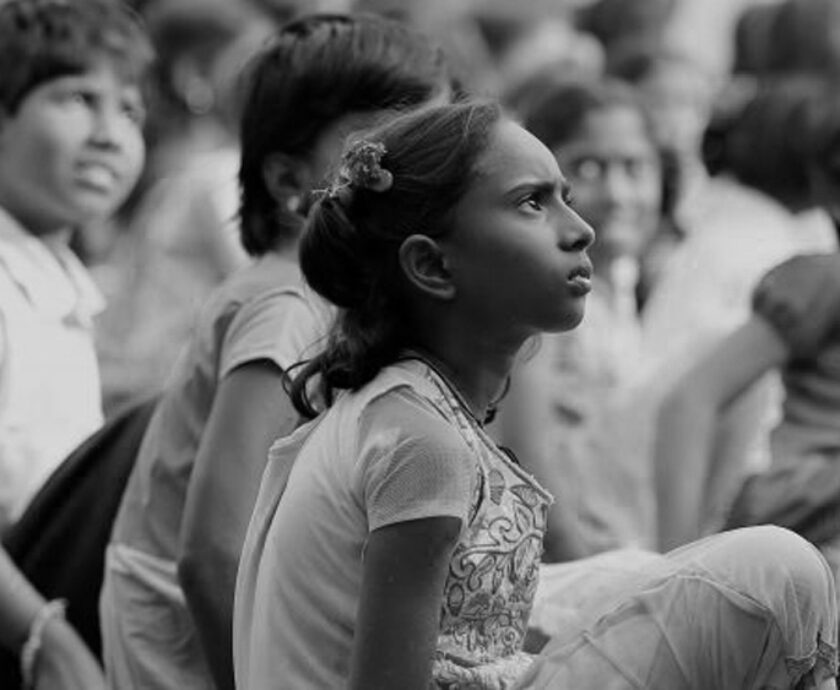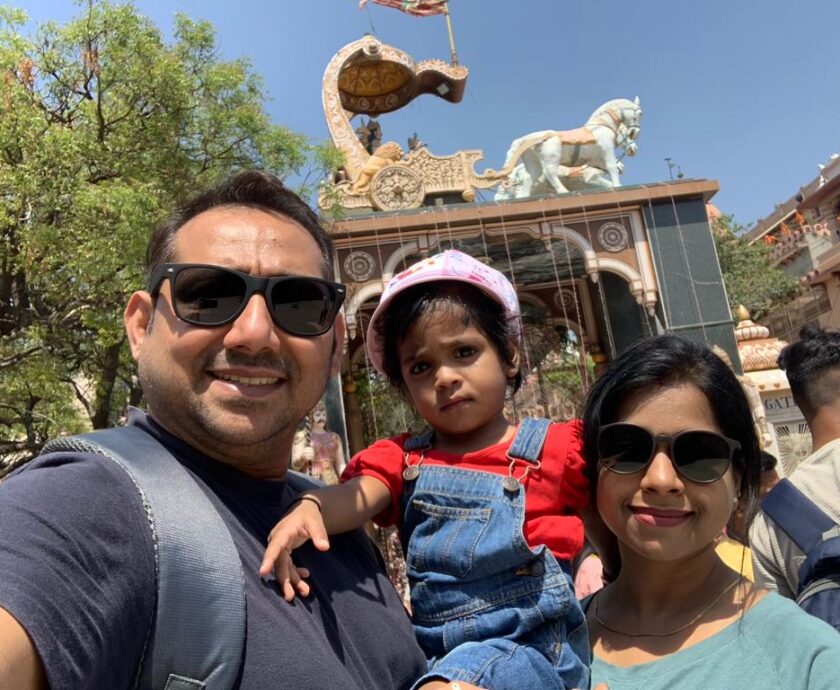“A family is a circle of strength, with love for its core.” This quote by actor George Carlin beautifully captures the importance of family in our lives.
Family Strengthening and Family-Based Alternative Care (FBAC) are distinct yet interconnected solutions with a shared objective: ensuring children thrive in a safe and nurturing environment of a family. Family Strengthening focuses on empowering families in overcoming difficulties, providing counselling, financial aid, and parenting skills training to raise their children effectively. In contrast, FBAC steps in when separation is necessary, offering safe havens to children through foster care, kinship placements, with an emphasis on potential reunification with biological parents whenever feasible. Both approaches are crucial components of a child protection system, working collaboratively to uphold a child’s right to a loving family, be it biological or chosen.
Within this framework, a diverse array of family-based care models contributes to the safety and growth of children when biological families encounter challenges. This includes:
- ‘Sponsorship’ – defined as “provision of supplementary support, financial or otherwise, to the families to meet the medical, educational and developmental needs of the child” as per Section 45 of the Juvenile Justice (Care and Protection of Children) Act, 2015.
- ‘Foster Care’ – a form of alternative care in the domestic environment of a family, other than the child’s biological family. This family is selected, qualified, approved and supervised for providing such care.
- ‘Kinship Care’ – which prioritises placement of the child with related individuals like grandparents or aunts;
Other than these, day-care centers and community-based programs can also provide daytime support where parents go out for work, with after-school programs and mentoring initiatives playing essential roles. Each model is tailored to individual needs and cultural contexts that ensures the child’s well-being within the warmth and familiarity of a supportive community.
FBAC affects how children grow and develop. Separation from biological families may evoke emotional distress, yet the stability and nurturing environment provided by foster families, kinship networks, or sponsored support can offer positive growth. Secure attachments formed with caregivers establish the foundation for emotional regulation, building resilience and fostering trust.
Deinstitutionalisation
Steven P Segal, a professor at the School of Social Welfare refers to deinstitutionalisation as the process of – preventing unnecessary admission and retention of children in Child Care Institutions (CCI), finding and developing appropriate community based, alternatives for children who need not be in institutions, and improving conditions, care, and treatment for those who need Institutional care.
This approach recognises the importance of providing children with a more nurturing and family-like environment which is essential for their overall well-being rather than confining them to institutional settings.
It also aligns with the principle of the Juvenile Justice Act of family responsibility which states that “The primary responsibility of care, nurture and protection of the child shall be that of the biological family or adoptive or foster parents, as the case may be.”
Gatekeeping
Gatekeeping on the other hand, is about keeping a watch and ensuring that the vulnerable child and the family are identified at an early stage, their proper assessment has been carried out at the community level or by the Child Welfare Committee (CWC) and support is provided to keep them together. An effective gatekeeping system prevents children’s unnecessary separation from family and placement into institutions, reintegrates the child placed into alternative care back into families, and supports community and organisations responsible for the care of children to make decisions through a consistent and informed process.
Gatekeeping has been divided into three levels. At the primary level, gatekeeping interventions can be carried out at the community level by supporting vulnerable children and families with family-strengthening interventions. At the secondary level, it is carried out by the Child Protection System (including CWC, District Child Protection Unit, NGOs, etc.) where a proper assessment of the family takes place to enable decisions regarding placement of children either in institutional care, FBAC, or restoration back to the family with support and follow up. At the tertiary level, gatekeeping can be carried out for the reintegration of children from institutional care to their family, and preventing re-separation.
